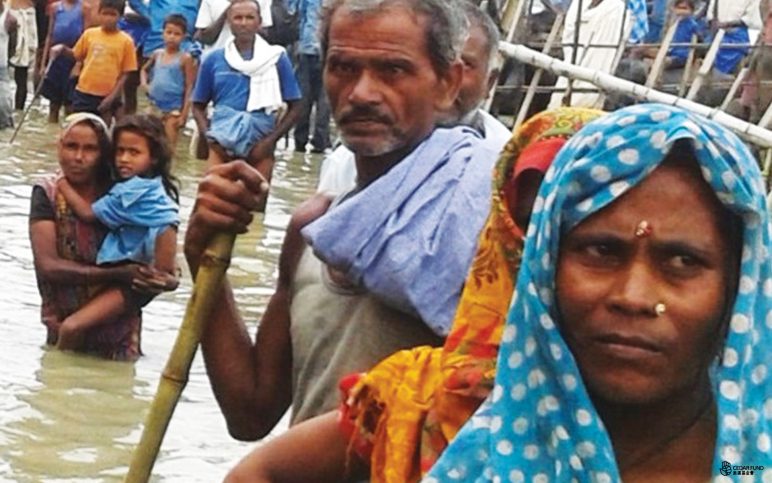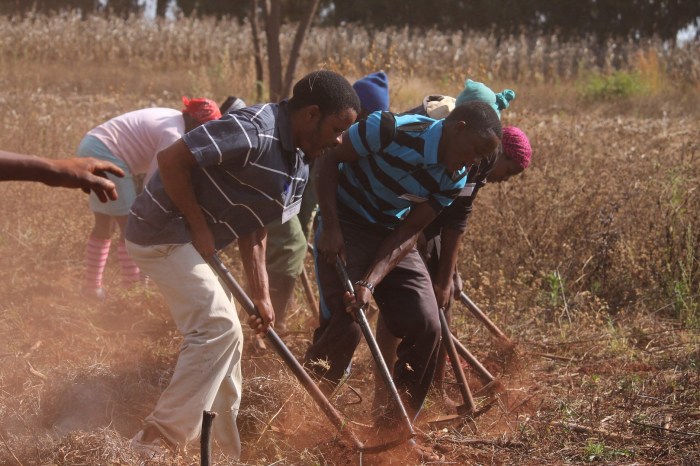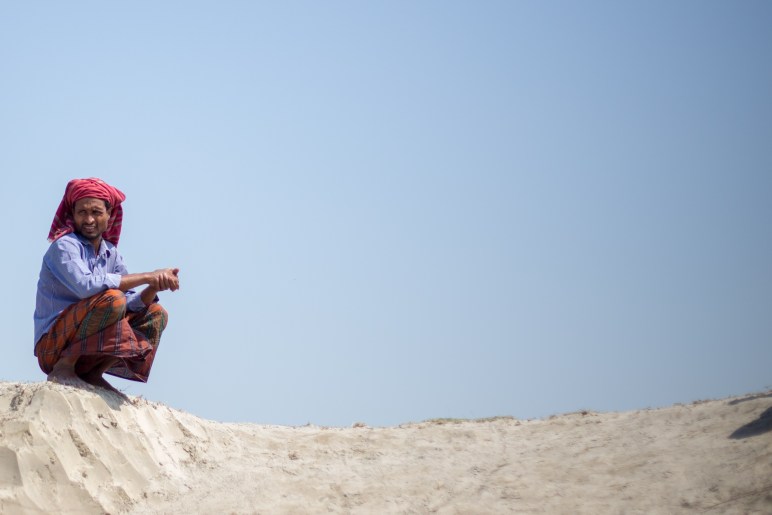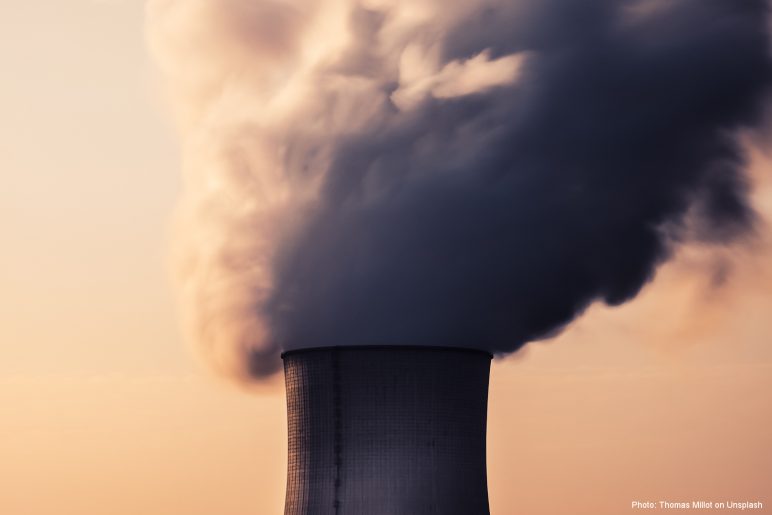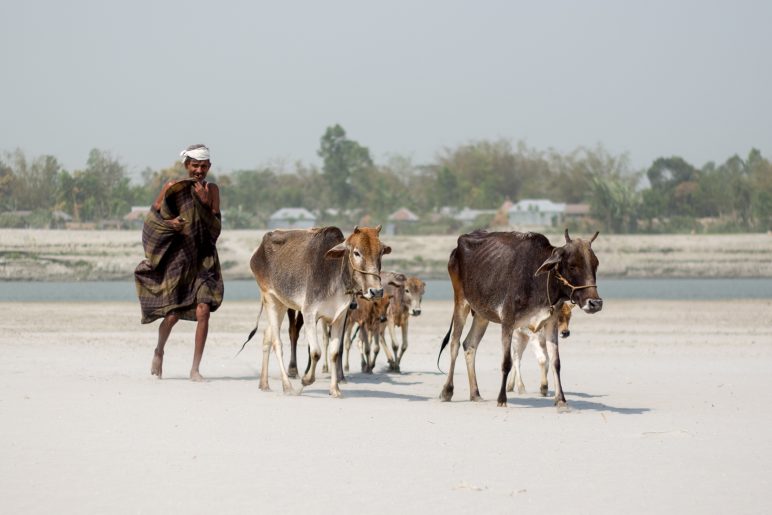Raymond in Dubai
Dear companions of CEDAR Fund, Shalom!
I paid my first visit to Dubai lately and wowed by this “artificial” city.
Though this ancient Middle East city sits on the coastline of Persian Gulf, it was all the time a small trading port due to its desert terrain (population was below 200,000 in 1970s). Large-scale development begins only in the millennium by heavy government funding. She now owns a few “top of the world”, for example, the tallest building, the largest shopping mall, the largest artificial islands under construction, the biggest indoor theme park, etc. To build a modern city in the desert, numerous extraordinary difficulties need to be solved, like land quality, water source, extreme weather and pollution. Therefore, Dubai is also called “a miracle in desert”.






